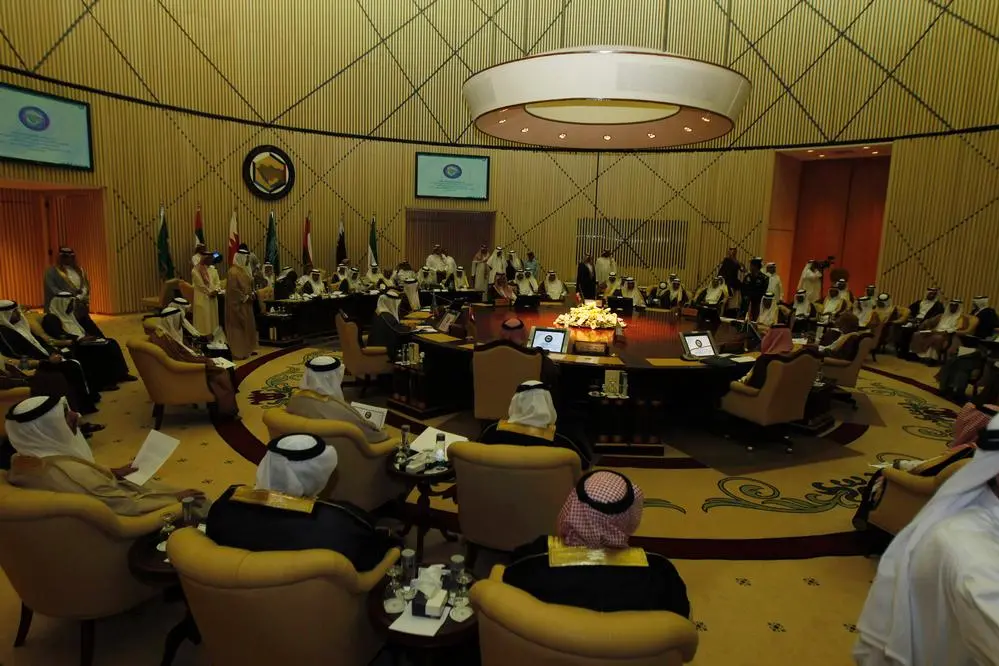PHOTO
SIGNIFICANCE: VAT is a transactional tax applicable on all supplies of goods and services
Muscat - KPMG hosted a workshop yesterday at the Crown Plaza to provide around 100 senior executives belonging to various industry groups an update on the current developments on VAT in the GCC region and the roadmap to be followed by businesses in order to have smooth implementation of VAT.
Ashok Hariharan, Partner & Head of Tax for KPMG, explained that VAT is a transactional tax applicable on all supplies of goods and services taking place every day unlike Corporate Tax which is to be computed on an annual basis. It is therefore crucial to closely align the business' supply chain by considering each individual transaction to the VAT requirements, he said
Whilst the GCC framework agreement and the individual country VAT legislations are yet to be finalised, there are a number of things businesses could do now to get ready for VAT implementation, he pointed out.
The first thing that should be undertaken immediately is to review long term contracts that are expected to go beyond January 1, 2018 and make sure that appropriate clauses dealing with VAT are included. VAT implementation by businesses requires a significant involvement not just from the finance and tax teams but more importantly, from personnel involved in supply chain management, accounts payable and receivable teams, human resources, sales and marketing, as well as information technology, Hariharan said.
Consideration needs to be given to the possible system changes that would be required once the supply chain mapping exercise is completed. The objective would be to ensure that businesses identify and document the key VAT touch points even before the legislation is issued. Apart from this, businesses need to start thinking and analysing the impact of certain decisions that would need to be taken after VAT is implemented, like the possibility of VAT grouping which is an option given to businesses in certain VAT regimes. This grouping allows the related entities to form a group and register as a single entity for VAT purposes.
Ashok further said that the GCC states have been maintaining that VAT would be implemented from January 1, 2018. In today's low oil price environment, it is inevitable that VAT will be implemented. If the January 1, 2018 deadline is missed for any reason, it could only be deferred for a few months or may be a year. In fact, businesses and the consumers are mentally reconciled to a possible VAT implementation by 2018.
The basic principles of VAT are common internationally except for a few policy decisions that are taken by each country and therefore businesses need not wait for the GCC agreement or local VAT legislation to do a preliminary impact analysis.
KPMG's VAT Leader Robert Dalla Costa explained the VAT principles applied internationally based on practical case studies which helped the participants to visualise the complexities involved and the impact VAT would bring on its supply chain and importantly cash flows. Rob highlighted to the participants that there would also be industry specific issues that need to be dealt with under the VAT regime.
He shared his experience in dealing with certain issues related to Automotive, Insurance, Financial services and Oil and Gas sectors in other VAT regimes.
Costa also highlighted on the significant difference in VAT implications of a zero rating and exemption on businesses.
Rob explained that if the goods are zero rated, the businesses can recover the input VAT which is not the case with the goods falling in the exempt category. It is for this reason that in certain VAT regimes basic food items are zero rated rather than being exempt.
The participants appreciated the practical case study based approach followed by KPMG to explain the VAT complexities. Industry specific issues highlighted during the presentation also benefitted the participants on visualising the impact of VAT on their businesses.
© Oman Daily Observer 2016





















